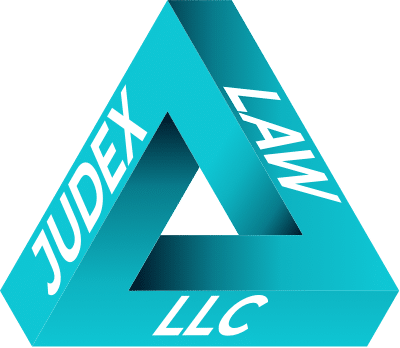As a registered broker or financial advisor, receiving any type of notification from the Financial Industry Regulatory Authority (FINRA) can be stressful. One such letter, the FINRA 8210 letter, can create confusion for its recipient. Perhaps you read it and file it away, telling yourself you’ll deal with it later. Unfortunately, ignoring the letter can lead to significant professional consequences. Whether you have recently received a FINRA 8210 letter or you are concerned about what to do if you receive such a letter in the future, here is some information about what these letters mean and what steps to take in response.
What is a FINRA 8210 Letter?
A FINRA 8210 letter is essentially a formal request for documents or other information that may be relevant to a potential or ongoing FINRA investigation. According to FINRA Rule 8210, an adjudicator or FINRA staff has the right to “inspect and copy the books, records, and accounts of such member or person with respect to any matter in the investigation, complaint, examination, or proceeding that is in such member’s or person’s possession, custody or control.” For the most part, the letter will describe the scope and nature of the requested information or documents and set a deadline for the recipient to respond to this request. Sometimes, the recipient of a FINRA 8210 letter is also under formal investigation, while other recipients may not be directly involved in an investigation, but FINRA believes they have information to assist with one.
Responding to a FINRA 8210
If you receive a FINRA 8210 letter, you must respond promptly. Delaying your response or ignoring the letter completely can lead to severe consequences. It’s equally important to provide only the documents and information specified in the letter, as over-disclosing information may lead to additional legal actions and further investigations. Here are four steps to take in response to a FINRA 8210 letter.
1. Alert Your Supervisors and Follow Your Reporting Procedures
If you are part of a brokerage firm, consult your firm’s internal rules for reporting FINRA correspondence. Many firms require brokers to report FINRA letters to their supervisors or compliance departments. As soon as you receive the letter, review your firm’s protocol for reporting this document request. It’s important to follow your firm’s reporting requirements as quickly as possible, as your supervisor may have also received a copy of the letter. Failing to report the letter could lead to internal repercussions or disciplinary action within your firm. It’s best to keep your supervisors in the loop and aware of the situation as it unfolds.
2. Consult an Experienced FINRA Defense Attorney
Whether you are the subject of a FINRA investigation or the letter states that you must provide documents to assist with another investigation, it’s natural to feel apprehensive. Enlisting the guidance of an experienced securities law attorney can give you the clarity and peace of mind you need to move through this process with greater confidence. Your attorney can review the letter and help you determine FINRA’s angle, and assess your personal risk. Together, you and your lawyer can develop a plan for honoring the request and responding in a timely manner. In some cases, your lawyer may be able to negotiate the terms of the letter with FINRA to narrow the scope of the information requested or obtain an extension for delivering the documents.
3. Deliver the Requested Information
It’s essential that you fulfill the request for documents and information by the deadline specified. Failure to do so may result in serious professional consequences, such as a temporary suspension from the securities trade or a complete bar from the industry. What’s more, FINRA does not care whether any failure to provide the requested information was intentional or unintentional—it will penalize you either way. Even unknowingly omitting certain documents can lead to severe penalties. Working with your attorney is the best way to ensure you are honoring all the terms of the request.
4. Follow Through With a Form U4 Disclosure, If Necessary
The securities industry requires professionals to disclose “reportable events” on their Form U4. Receiving a FINRA 8210 letter that specifies that you are the subject of an ongoing or upcoming investigation is considered a reportable event. If the FINRA 8210 letter you receive includes this information, you must update Form U4 to disclose this information. Again, it’s best to work with your securities law attorney to determine the most strategic path forward.
Keeping Your Professional Future Bright
When FINRA sends you an 8210 letter, you should take it seriously. Notify your firm right away and contact a knowledgeable FINRA defense attorney to ensure you move forward as efficiently and strategically as possible. Together, you can take the necessary steps to protect your professional reputation from potentially harmful consequences.
Call Judex Law, LLC, today at (303) 523-4022 to speak with an experienced and friendly securities law attorney.

